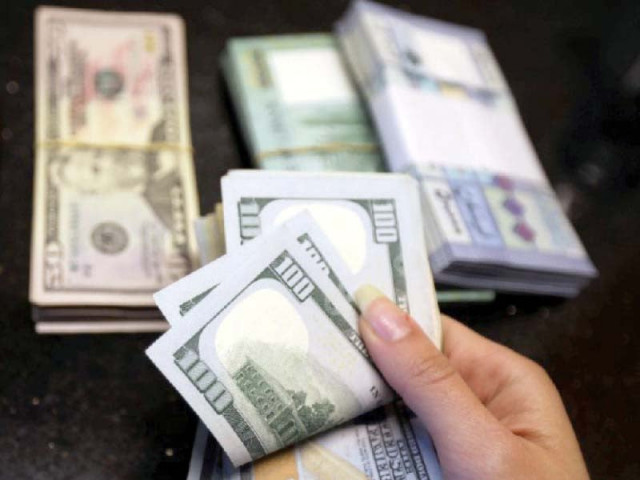Trade deficit widens 29% as imports soar
Import bill swells to $6 billion mark despite ban and erection of non-tariff barriers

Improvement in the external trade balance turned out to be short-lived, as Pakistan’s trade deficit widened by 29% to $3.5 billion in August after the import bill hit the $6 billion mark, despite a ban and erection of non-tariff barriers.
The gap between imports and exports was $3.53 billion in August, up by 29%, or $791 million, on a month-on-month basis, reported the Pakistan Bureau of Statistics (PBS) on Friday.
Rearing its burdensome head in August, Pakistan’s import bill crossed $6 billion, beating the government’s expectations that had hoped to build on last month’s momentum. According to PBS, there was an increase of 21% or $1.04 billion in imports in August compared to the previous month.
The federal government and the State Bank of Pakistan (SBP) had taken administrative measures to contain imports; a ban had also been placed which proved to be largely ineffective. The central bank was also vetting almost every letter of credit, introduced import quotas and even restricted imports through open accounts.
While the government has lifted the ban on imports, the other restrictions remain in place after it faced pressure from the IMF and global trading partners.
The IMF report, released on Friday, showed that the IMF has endorsed Pakistan’s request for temporary approval of exchange measures under Article VIII of the IMF’s Articles of Agreement till June next year. The IMF report stated that given Pakistan’s upfront action of partially removing the import ban on luxury and nonessential items in August 2022, and its renewed commitment to phase out currency and imports-related restriction when the Balance of Payments (BOP) conditions stabilise, it supported the restrictions. A deadline of June 2023 has been given to eliminate the said restrictions.
With floods having wreaked havoc on standing crops across the country, the import bill is likely to come under pressure once again as the country braces itself to import additional food supplies.
On a month-on-month basis, exports jumped by 11% to $2.5 billion in August 2022 over the preceding month – an increase of $250 million. The steep reduction in exports may also become a cause for concern for the Ministry of Commerce.
For the current fiscal year 2022-23, the government has set the trade deficit target at $27.8 billion, which requires a reduction of 42% against last year’s deficit. The import target set for the new fiscal year is $65.6 billion which will require a reduction of 22% in the import bill.
In the last fiscal year, Pakistan’s trade deficit witnessed an extravagant increase at the unsustainable pace of over 55%, skyrocketing to a record $48.3 billion, due to an unmanageable increase in imports that beat all official estimates. This came despite a temporary ban on certain goods.
The higher trade deficit in the previous year took a heavy toll on the country’s foreign exchange reserves which have dropped 62% from their peak of $20 billion in August last year to $7.6 billion as of last week.
On a year-on-year basis, exports showed an increase of 11.5% in August and stood at $2.5 billion against $2.24 billion in the same month of the previous year, according to PBS. In absolute terms, there was a surge of $257 million in exports.
According to PBS, imports were lower by $543 million, or 8%, in August compared to the same month a year ago. Consequently, the trade deficit narrowed down by 18.5% year-on-year to $3.53 billion in August, a reduction of $800 million, according to the national data collecting agency.
Overall, the trade deficit during the first two months stood at $6.3 billion – down by 17% or $1.3 billion – when compared with the same period of the last fiscal year, according to the PBS. The exports remained at $4.8 billion –up by only $172 million or 3.8% during the July-August period.
The imports amounted to $11 billion – down by $1.1 billion or 9.2% – during the first two months.
Published in The Express Tribune, September 3rd, 2022.
Like Business on Facebook, follow @TribuneBiz on Twitter to stay informed and join in the conversation.



















COMMENTS
Comments are moderated and generally will be posted if they are on-topic and not abusive.
For more information, please see our Comments FAQ